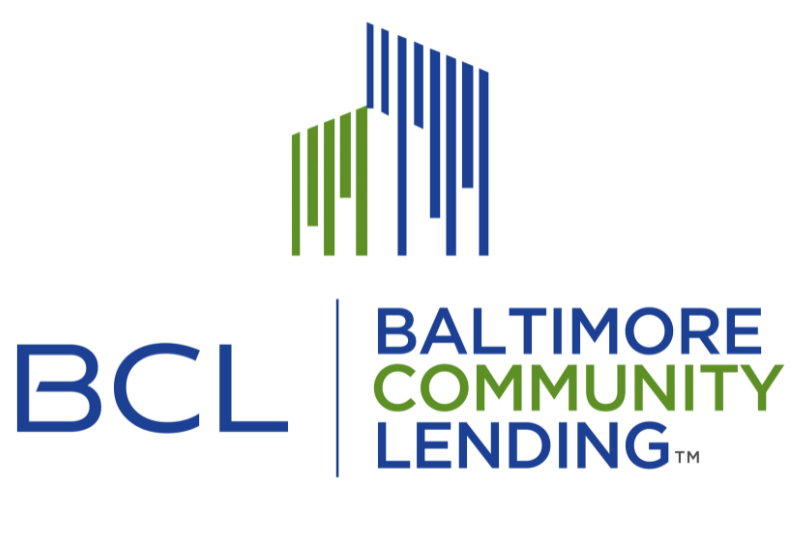
Baltimore Community Lending (BCL), a 35-year-old Community Development Financial Institution (CDFI) has become a lifeline for small businesses and real estate developers in Baltimore’s underserved communities. Through strategic partnerships with national banks like Truist, PNC, JP Morgan Chase, M&T Bank and Bank of America, BCL provides flexible loans and credit lines to local entrepreneurs and small businesses who often face barriers in traditional financial markets.
BCL primarily supports entrepreneurs and small businesses in lower-income, disinvested communities. Many of these business owners lack the high credit scores or large balance sheets that conventional lenders require. They also may be located in neighborhoods impacted by redlining practices, where the wrong zip code or street can lead to loan denials.
Under the leadership of Watchen Harris-Bruce, BCL has doubled its assets from $20 million to $45 million in the last five years and broadened its reach and impact across Baltimore.
“Our goal is to grow entrepreneurs to a point where they are bankable,” said Harris-Bruce, who brought her experience as a banker to support BCL’s community-focused mission. “We help those with the vision and drive that don’t necessarily have access to the capital they need.”
BCL addresses these challenges by offering loans to businesses with credit scores as low as 500 and working with startups and small businesses that may lack extensive financial records. BCL also provides resources to help business owners build credit and manage their finances, empowering entrepreneurs to succeed where traditional lenders won’t engage.
Among BCL’s most compelling success stories is that of Sekwan Merritt, founder of Lightning Electric and a passionate advocate for creating economic opportunities for formerly incarcerated individuals and at-risk youth.
Merritt, who himself was incarcerated, started his company in 2017 committed to employing returning citizens and uplifting his community. During his incarceration, he developed his electrical skills by working as an electrician and earned 40 credits toward a bachelor’s degree through the Goucher College Prison Education Partnership. Inspired by a story he read in The Daily Record about Baltimore contractor Chris Wilson, Merritt was determined to build his own business upon his release.
Initially, Merritt balanced his work as an electrician with a job as a paralegal. By 2018, he earned his Maryland Master Electrician License, and in 2019, his business, Prop Prep Properties (operating as Lightning Electric), became certified as a Maryland Minority Business Enterprise.
This certification opened doors to larger contracts with homeowners and real estate investors, allowing his business to grow. However, securing supplies, covering payroll and fulfilling these contracts proved difficult without access to capital.
“BCL was the only one that gave us a shot,” Merritt recalls. “They believed in us when no one else would, and that was a shot of life for us.”
BCL provided Merritt with two loans, totaling $275,000, enabling him to bid competitively on Baltimore projects, including a significant contract with the City of Baltimore.
“We’re finally at a point where I can focus on the next project and help my community at the same time,” he said.
In addition to supporting small businesses, BCL works with small and mid-sized real estate developers to provide financing for affordable housing. The organization has partnered with developers to revitalize neglected properties, creating quality housing for renters and homeowners in Baltimore’s metropolitan area.
BCL’s new facility at 309 N. Calvert Street, set to open in early 2025, will further its mission by offering a dedicated business development resource center. The center will include training rooms, office space for nonprofits and local businesses, and marketing, accounting, and loan readiness resources in addition to BCL’s core services.
“This building represents a new chapter for us,” said Harris-Bruce. “Not only is it a permanent home for BCL, but it will also be a hub for business resources, training, and collaboration so that more small businesses and entrepreneurs have access to the tools needed to grow and succeed.”
BCL’s efforts are made possible through its partnerships with banks that provide capital for impact investment. Banks benefit by fulfilling their Community Reinvestment Act obligations and receiving referrals once businesses become bankable. Harris-Bruce notes that beyond capital, these partnerships have provided grants that fund technical assistance, allowing BCL to hire staff dedicated to training and mentorship.
Christine Tobar//Special to The Daily Record
